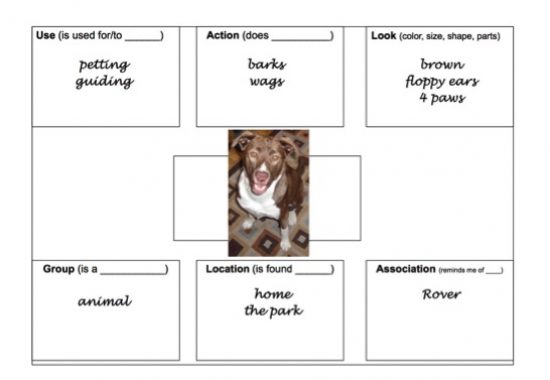When a doctor prescribes medical rehabilitation for a patient he or she often describes it in terms of time length (12 weeks), the institution where it will occur or the type of rehab – (physical therapy vs. gait training, etc.). None of that specifies what the therapist is actually expected to do. In this video, John Whyte, MD, PhD, founding director of the Moss Rehabilitation Research Institute, discusses his research on defining the active ingredients that need to be part of the therapeutic process. Continue Reading
Category: Treatment
MossRehab/MRRI Renewed as Model System for TBI
MossRehab’s Drucker Brain Injury Unit and the Moss Rehabilitation Research Institute (MRRI)—both part of Einstein Healthcare Network in Philadelphia—recently received their renewal grant for the 5th time from the National Institute on Disability, Independent Living and Rehabilitation Research (NIDILRR) to continue as a Traumatic Brain Injury (TBI) Model System.
The highly competitive grant and classification as a Model System is earned for excellence in both the treatment and the research related to a particular disability. Specifically, a TBI Model System must demonstrate a strong track record of excellent clinical care and treatment, carrying out a program of research on outcome prediction and treatment, and having a superior record of publications, presentations and other knowledge dissemination and teaching on TBI rehabilitation.
Receiving the grant renewal for the fifth straight cycle means the MossRehab TBI Model System has been continuously funded since 1997, making the renowned facility one of only two to hold the designation continuously for 25 years. (The other is Ohio State University.) Continue Reading
Aphasia Center Receives Donor Gift
Two donors, Stewart and Sally Eisenberg, have decided to endow the Reta’s Games Group at the MossRehab Aphasia Center, in honor of their family matriarch, Reta Eisenberg.
Reta has been a tireless advocate for families living with aphasia for almost 30 years. She was instrumental in the founding of the Aphasia Center in 1996 after witnessing the impact aphasia had on her husband, Marty, prior to his death. Like others struggling with aphasia, Marty was unable to speak in full sentences, read a book, write his name, express basic needs such as hunger, and would use the wrong words or forget words when communicating – including the names of their children. Continue Reading
MRRI’s Virtual Reality Tool Helps Assess Hemispatial Neglect
People who have suffered a stroke to the brain’s right hemisphere may struggle with problems related to vision and space perception, mood, energy and recognition of their own difficulties. This cluster of deficits is called right hemisphere stroke syndrome.
Laurel J. Buxbaum, PsyD, and her team at the Moss Rehabilitation Research Institute developed an improved method for testing and treating patients for hemispatial neglect after a stroke using virtual reality.
In this new video, Dr. Buxbaum explains how patients at MossRehab’s Right Hemisphere Stroke Center are benefiting from this state-of-art tool. Continue Reading
Activities for aphasia groups (vol. 1): Semantic Feature Analysis
Semantic feature analysis (SFA) is a procedure used to train people to produce semantic information when they have difficulty accessing the specific word or label they want to say. Training typically involves auditory and visual cueing to facilitate provision of particular pieces of information. A typical visual cue might look something like this.


